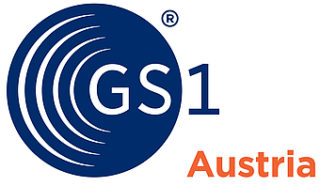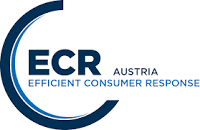XRechnung

Mandatory e-invoicing from 2025: what companies need to know
From January 1, 2025, all companies in Germany must be able to receive and process e-invoices. All formats that comply with EU standard EN16931 must be accepted. These currently include XRechnung and ZUGFeRD.
XRechnung is an XML-based invoice format that has been designated as the preferred format for the implementation of EU directive 2014/55/EU in Germany. This directive requires all public clients or concessionaires to accept and process electronic invoices. The existing XRechnung standard only allows for two XML formats for the transmission of electronic invoices: either UBL or UNCEFACT/CII.
The sending of e-invoices will be mandatory for companies with an annual turnover of more than EUR 800,000 from January 1, 2027. Invoices with standard PDF files as attachments will no longer be usable from the end of 2027, meaning that companies of all sizes will have to send e-invoices from January 1, 2028.
The transition offers significant benefits for businesses due to changes in invoice processing. Incoming invoice checks are simplified because automated validation handles much of the preliminary work. The invoice data is fully electronic from the start, eliminating the need for manual entry. This results in time savings through reduced processing times and a lower error rate. Additionally, businesses save money because paper, printing, and postage are no longer necessary. Overall, e-invoicing leads to increased efficiency across the supply chain.
Is your company ready?
If you’d like to assess whether your company is prepared for the implementation and adoption of e-invoicing, consider asking yourself these four internal questions:
- Is our ERP system already set up for the exchange of e-invoices?
- Do we have internal processes in place for e-invoice validation and verification?
- Are our compliance requirements for e-invoice archiving clearly defined?
- Have our business partners and suppliers already transitioned to e-invoicing?
What you should implement from January 1, 2025
From January 1, 2025, you and your company must at least be able to receive e-invoices. To ensure this, you should complete the following steps by then:
- Integration: Ensure seamless integration of your systems.
- Employee training: Prepare your teams on how to process e-invoices.
- Carry out test runs: Test the data exchange with partners at an early stage and determine the contact persons on both sides.
- Check compliance: Make sure that you meet all legal requirements.
Our solution for mandatory e-invoicing
EDITEL offers solutions for the entire spectrum of the e-invoicing environment, ranging from web-based solutions for small customers to fully integrated solutions with automated connection to your internal systems. As part of the package, we provide an archive compliant with the German principles for the proper management and storage of books, records and documents in electronic form (GoBD).
Important deadlines
- Since April 18, 2020: Federal offices must accept e-invoices.
- From November 27, 2020: Suppliers to federal authorities must submit electronic invoices.
- From January 1, 2025: All companies must be able to receive e-invoices.
- From January 1, 2027: Companies with an annual turnover of over EUR 800,000 must send e-invoices.
- From January 1, 2028: E-invoices are mandatory for all companies.
Your benefits with XRechnung
- Efficiently complies with all legal requirements
- Speeds up payments thanks to structured digital data
- Allows invoice recipients to process received data automatically
- Saves money thanks to automated processes
- Reduces media disruptions (minimizing error potential)
- Supports paperless work (e.g., as a result of changing working conditions)
- Sustainability



